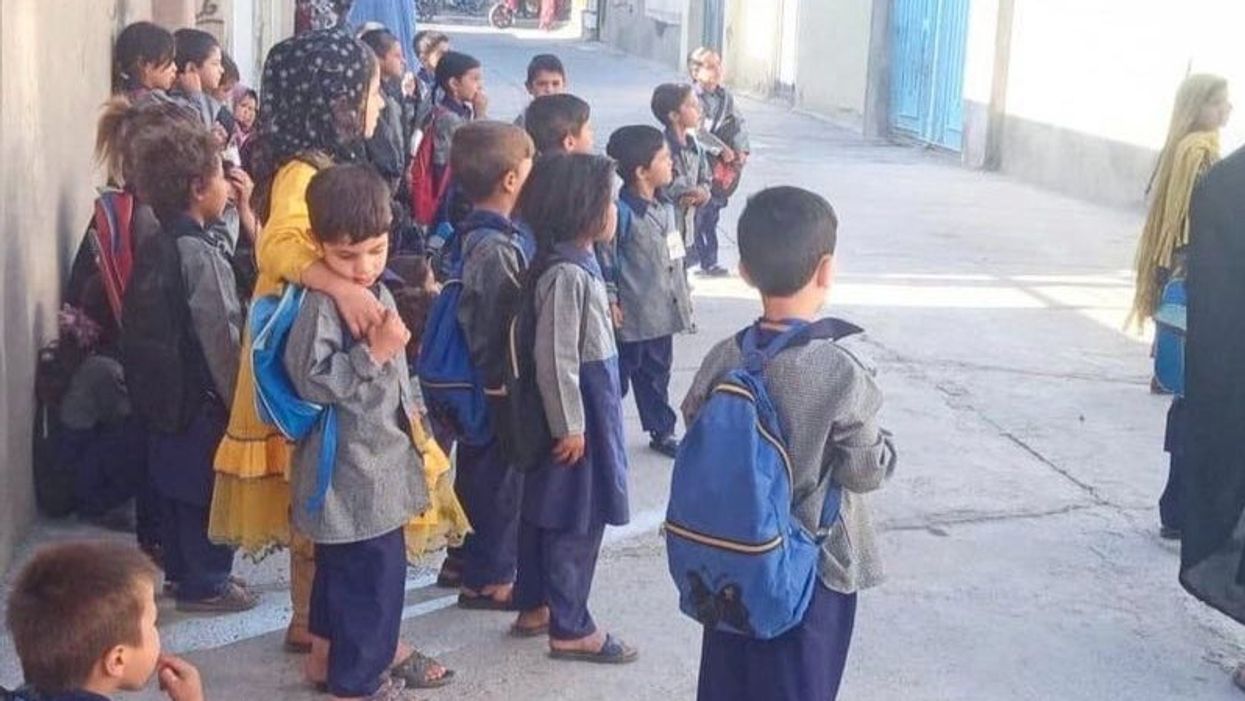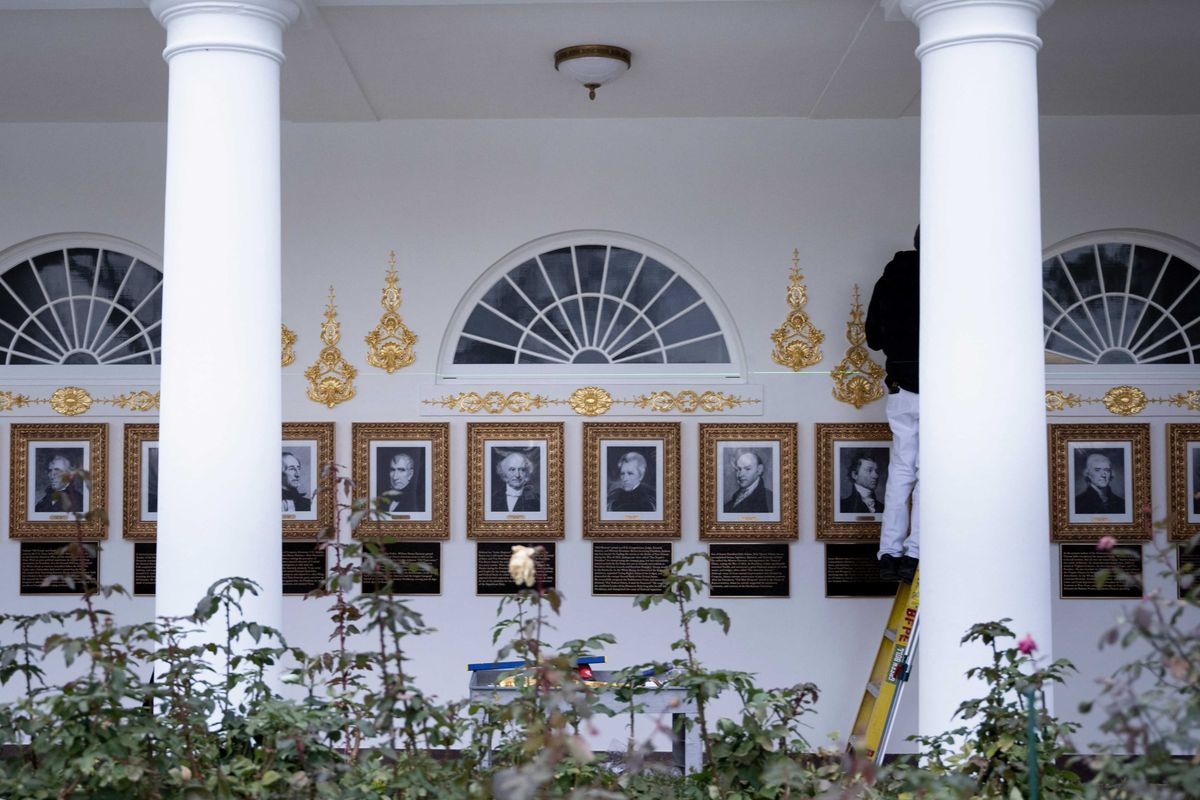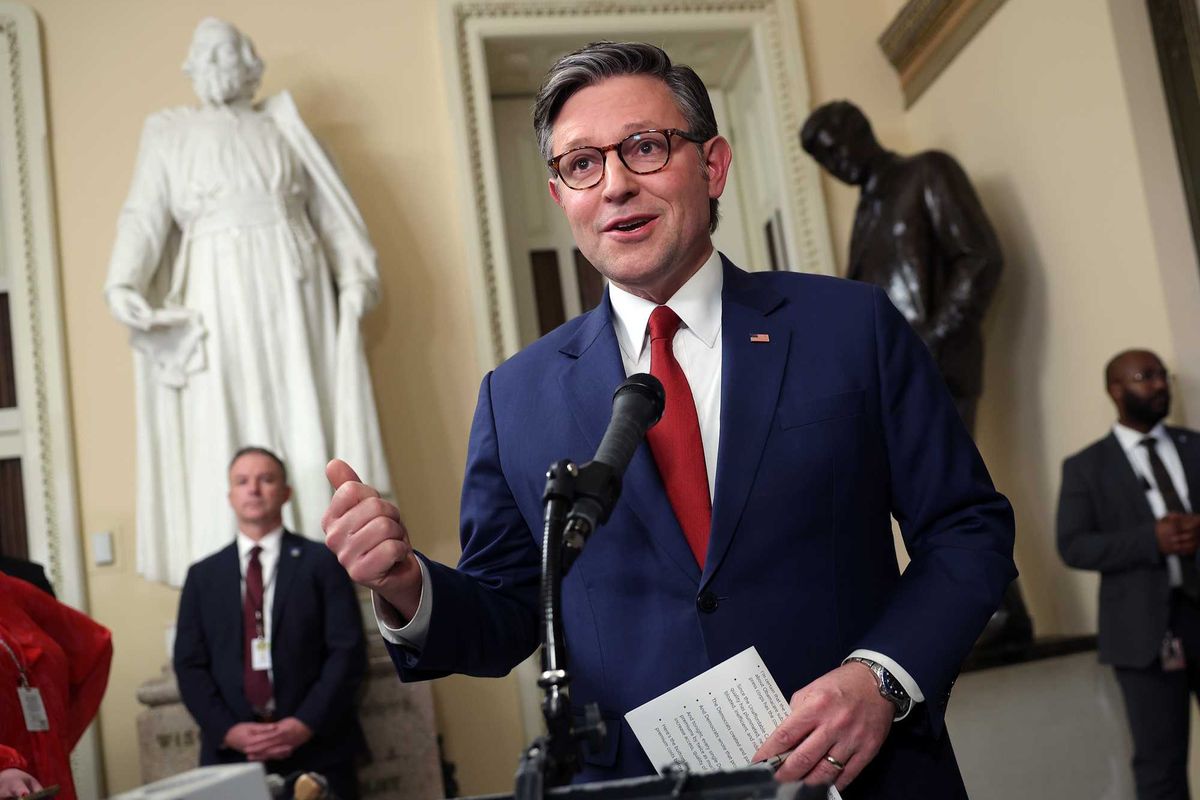Harriet Brewis
Aug 17, 2021
This photo showing children outside a school in Afghanistan is testament to how images can speak louder than words.
The picture, shared by British-Afghan social activist Shabnam Nasimi, shows the group of youngsters apparently showing up to class, despite the school being closed amid the Taliban’s crushing sweep of the country.
Posting the image on Twitter, Nasimi wrote: "Teachers said goodbye to their female students who won’t be allowed to go to school anymore. A numbing helpless feeling."
Her post racked up more than 9,700 likes and 4,500 retweets in less than 24 hours, as fellow social media users shared their fears for women and girls in the war-torn nation.
A photo of a school in #Afghanistan closed due to security issues. The students showed up bright and early anyway.… https://t.co/BJ6yv34lpg— Shabnam Nasimi (@Shabnam Nasimi) 1629104969
The Taliban has stormed to power in Afghanistan following the withdrawal of US troops after almost 20 years in the region.
The fundamentalist group ruled the country for five years until the 2001 American-led invasion. During that time, it forbade girls an education and women the right to work, and refused even to let them travel outside their homes without a male relative to accompany them.
The Taliban also carried out public executions, chopped off the hands of thieves and stoned women accused of adultery.
There are fears this brutal eradication of female rights will return now that the group has reclaimed control of the country.
At a park in the capital Kabul last week, families told the Associated Press that girls riding home in a motorised rickshaw were stopped and lashed for wearing “revealing sandals.” Meanwhile, a schoolteacher from the northern Takhar province said no one was allowed to go out to the market without a male escort.
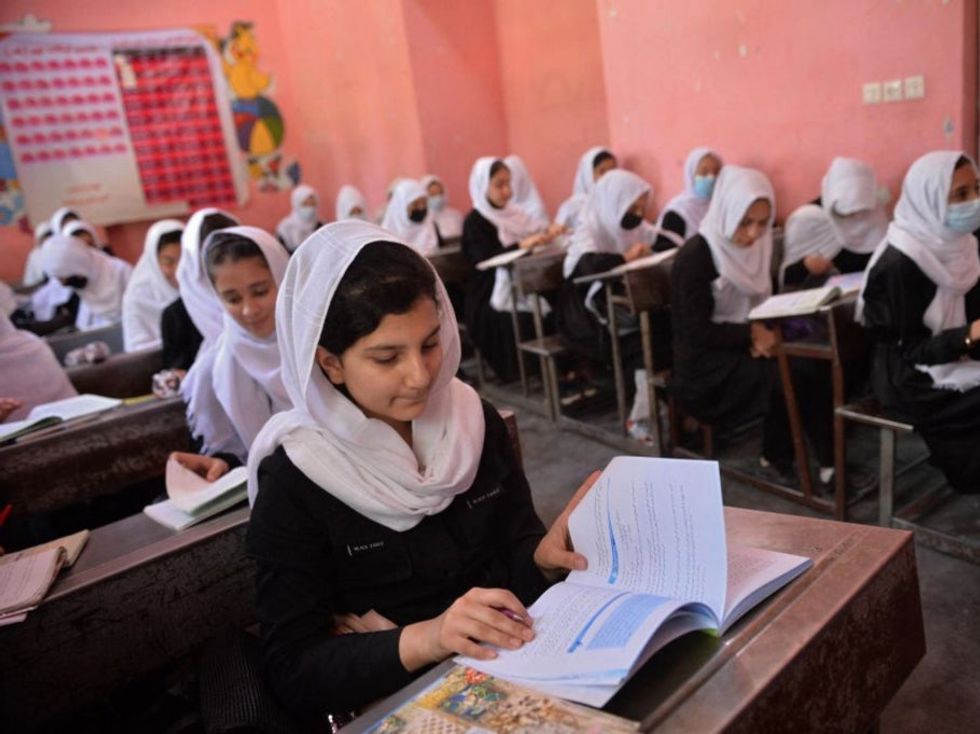
On Monday, UN chief Antonio Guterres warned of mounting violations against women and girls as he called for talks to create a new government in Afghanistan.
"We are receiving chilling reports of severe restrictions on human rights throughout the country. I am particularly concerned by accounts of mounting human rights violations against the women and girls of Afghanistan," Guterres said.
Taliban officials have issued statements saying they want peaceful international relations and promising to respect women’s rights.
On Tuesday, the group declared an "amnesty" across Afghanistan and urged women to join its government.
Enamullah Samangani, a member of the Taliban’s cultural commission, said: "The Islamic Emirate (the militants’ term for Afghanistan), doesn’t want women to be victims. They should be in government structure according to Shariah law."
He added: "The structure of government is not fully clear, but based on experience, there should be a fully Islamic leadership and all sides should join."
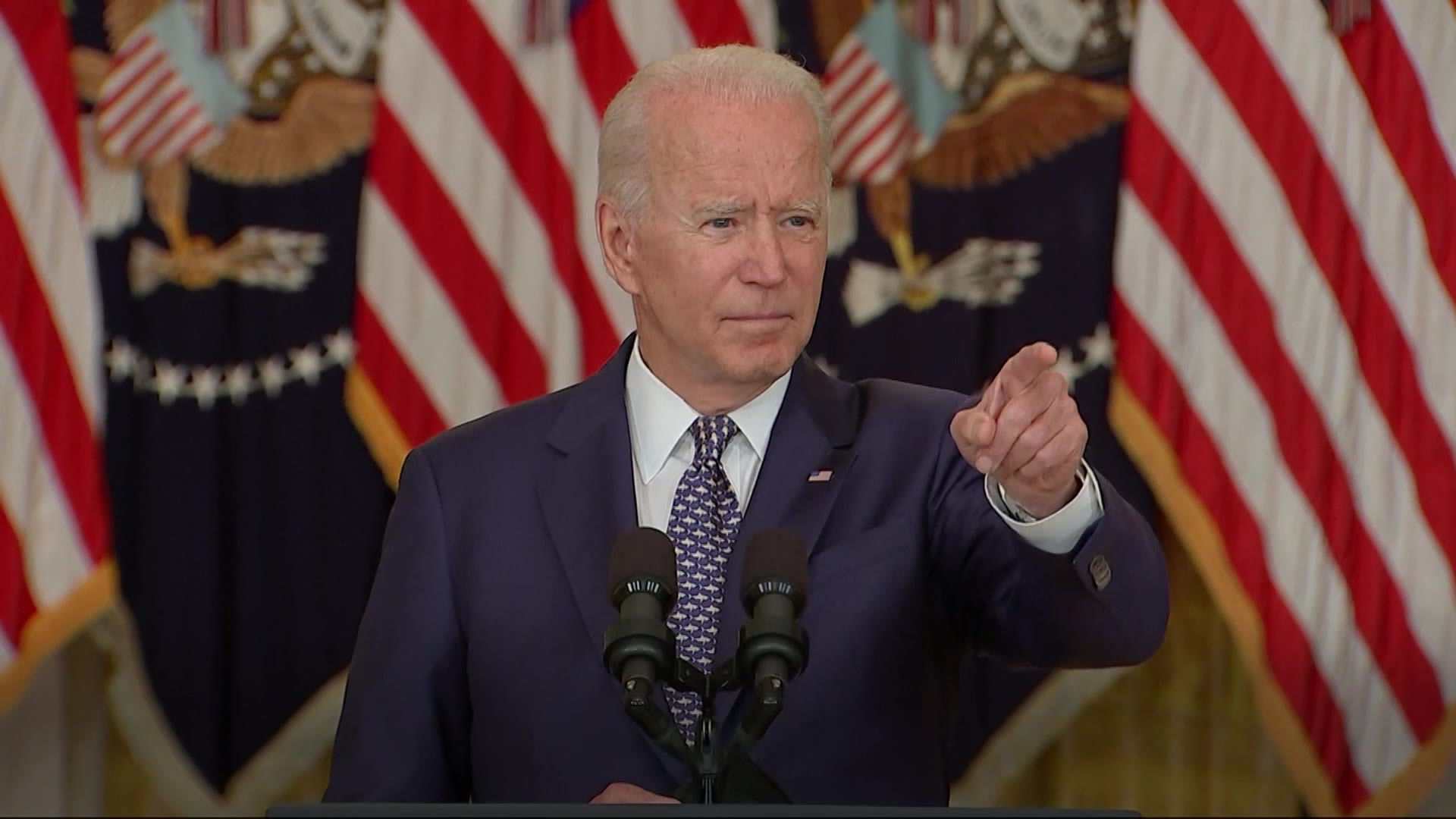
But Ireland’s UN Ambassador Geraldine Byrne Nason dismissed such statements in light of the "multiple and credible reports of summary executions, forced marriage and of sexual and gender-based violence."
"The Taliban have reportedly said that women have nothing to fear from them," she told the UN’s security council.
"Telling the international community what it wants to hear will fool no one. We will not turn a blind eye to the truth."
Meanwhile, Marianne O’Grady, Kabul-based deputy country director for CARE International, said the strides made by women over the past two decades have been dramatic, particularly in urban areas, adding she cannot see things going back to the way they were, even with a Taliban takeover.
“You can’t uneducate millions of people,” she said. If women “are back behind walls and not able to go out as much, at least they can now educate their cousins and their neighbors and their own children in ways that couldn’t happen 25 years ago.”

Afghan MP Farzana Kochai shared similar sentiments, insisting that the generation that has grown up since 2001 will no longer tolerate hardline rule.
"As an MP, as a female, as someone who is coming from civil society, activism and human rights, women’s rights, coming from this background for sure I am afraid for myself, my life, my freedom to work and my freedom to speak up," she told Reuters via Zoom.
But, she continued: "If we can’t make a good deal with the Taliban, if Taliban can’t make it to satisfy the people of Afghanistan somehow or a little bit, then there [will] be a resistance.
"I’m afraid of these things," she added. "First of all my life ... and after that my freedom."
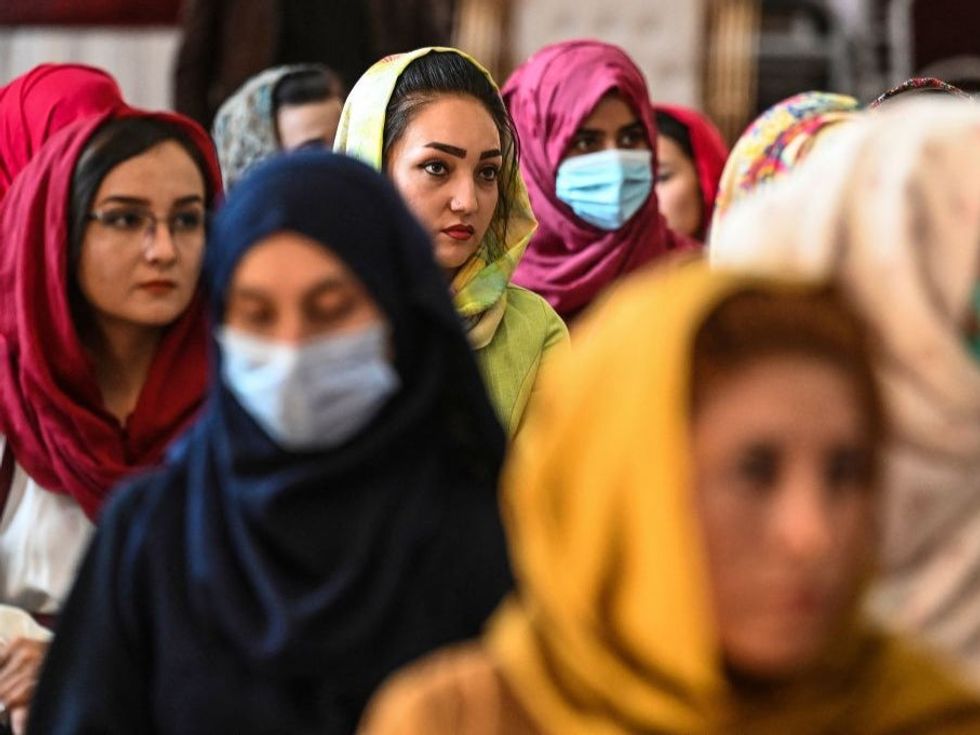
Indeed, a sense of dread appears to be omnipresent, particularly among women, as Taliban forces take more territory each day.
“I feel we are like a bird who makes a nest for a living and spends all the time building it, but then suddenly and helplessly watches others destroy it,” said Zarmina Kakar, a 26-year-old women’s rights activist in Kabul.
Kakar was a year old when the Taliban entered Kabul the first time in 1996, and she recalled a time when her mother took her out to buy her ice cream, back when the Taliban ruled. Her mother was whipped by a Taliban fighter for revealing her face for a couple of minutes.
“Today again, I feel that if Taliban come to power, we will return back to the same dark days,” she said.
Top 100
The Conversation (0)
